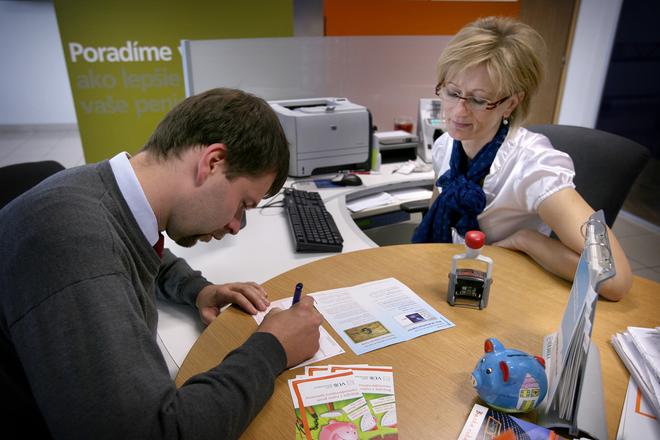Declaring personal bankruptcy is not a frequently used way to eliminate one’s debts, though it is a quick way for people to return to a normal life. Just 391 people declared personal bankruptcies last year in Slovakia, while in the neighbouring Czech Republic, the number is several times higher.
Current Slovak law makes personal bankruptcy difficult to obtain for ordinary people as the fees are too high and the process takes too long, lawyers say, but the Justice Ministry wants to change that.
“We want it to be an easy, quick and low-cost proceeding,” Justice Minister Lucia Žitňanská said, as quoted by the TASR newswire.
The ministry has already submitted the amendment for interdepartmental review. It wants the new rules to come into force as of next year. Lawyers welcome the change, saying it will simplify the process, but some warn of certain risks it may bring.
Current rules discouraging
Under the current rules, people willing to declare personal bankruptcy need to pay €663.50 as an advance payment to a trustee and own a property worth some €1,700, according to lawyer Daniela Ježová.
“Many people do not have such property, so if they want to declare personal bankruptcy they need to have this sum in cash,” Ježová told The Slovak Spectator. “In such cases they need €2,363 just to submit a proposal.”
Moreover, those declaring personal bankruptcy may expected a two-step process. Every debtor needs to finance the bankruptcy, which means that their property is converted into money. Only then the actual process of debt relief starts, but it takes a further three years, adds lawyer Radovan Pala from the Taylor Wessing law firm.



 Illustrative stock photo (source: SME)
Illustrative stock photo (source: SME)